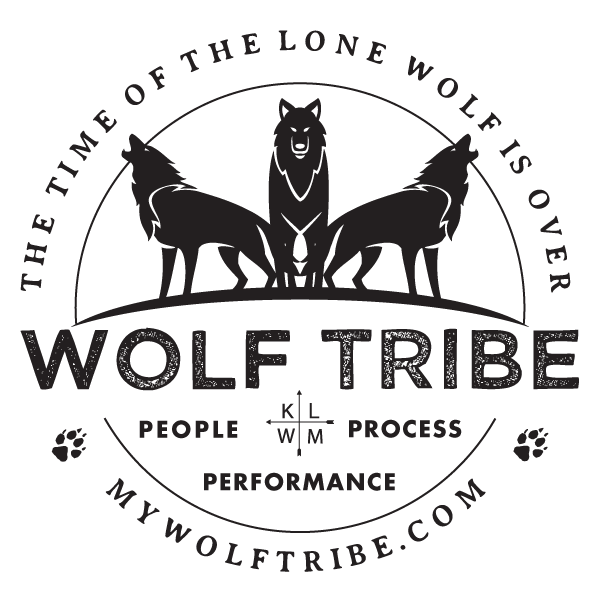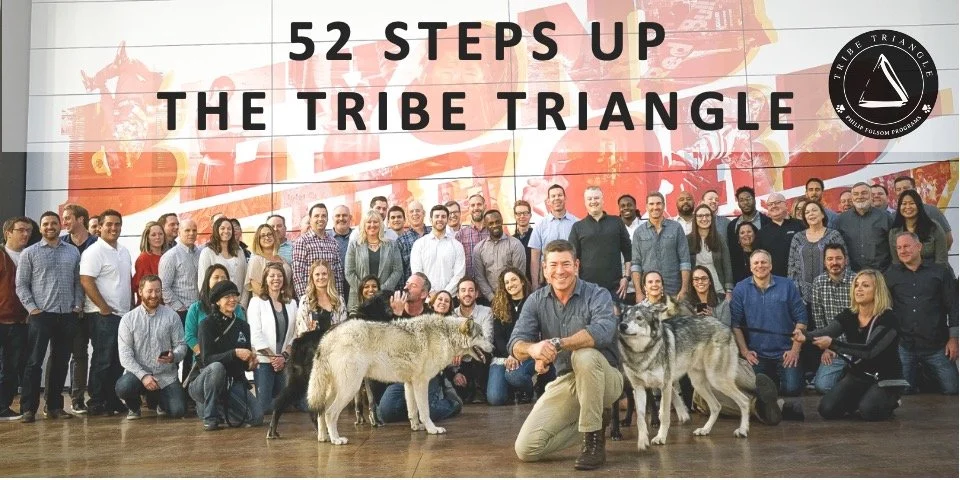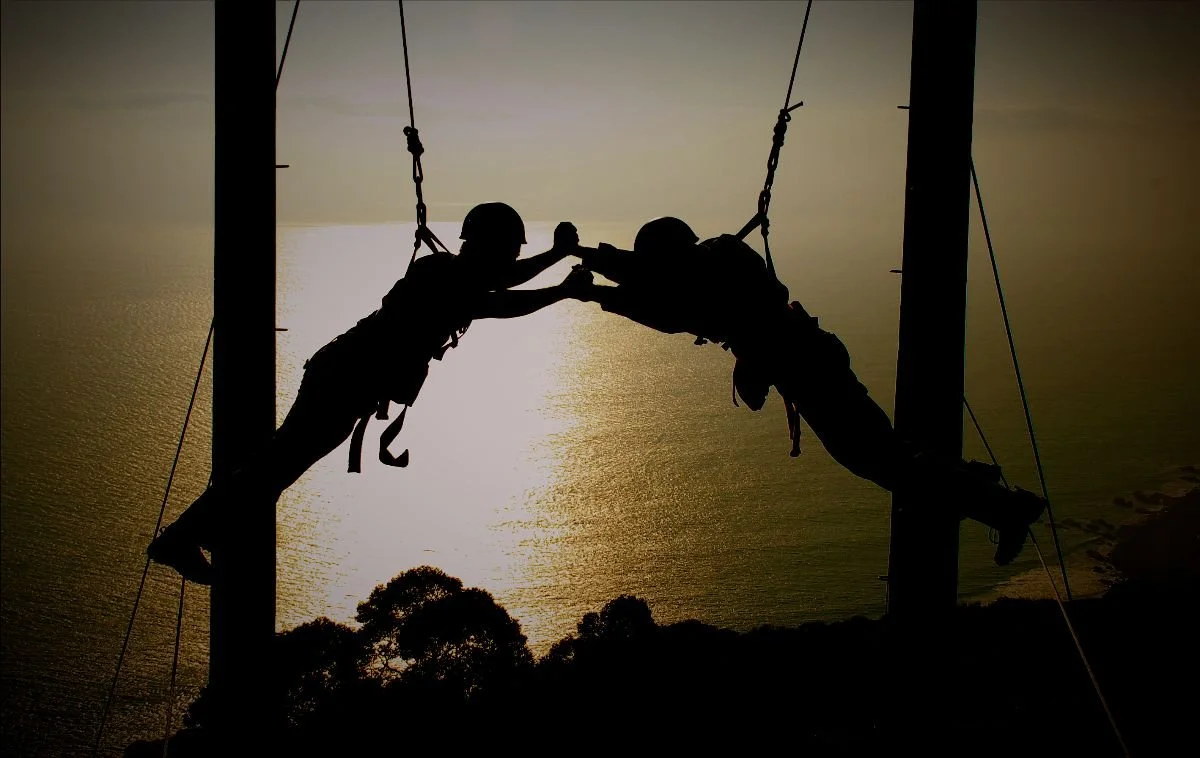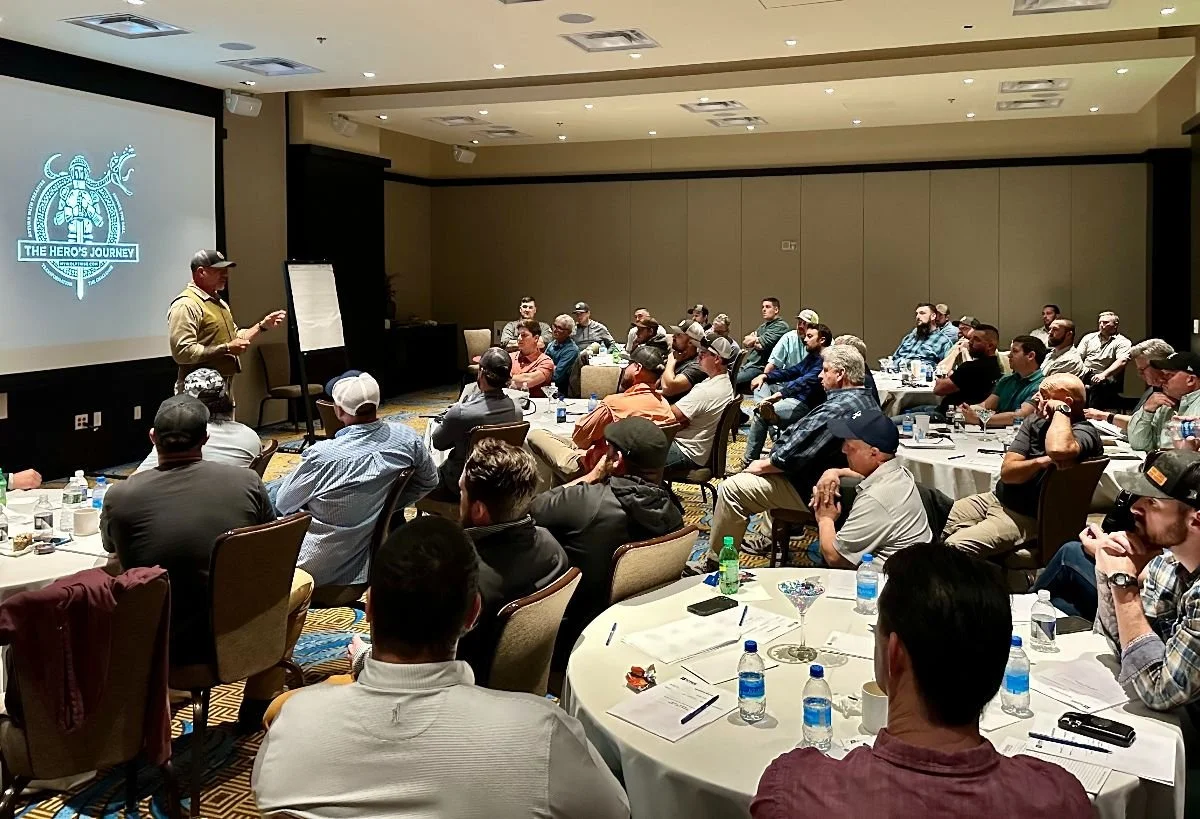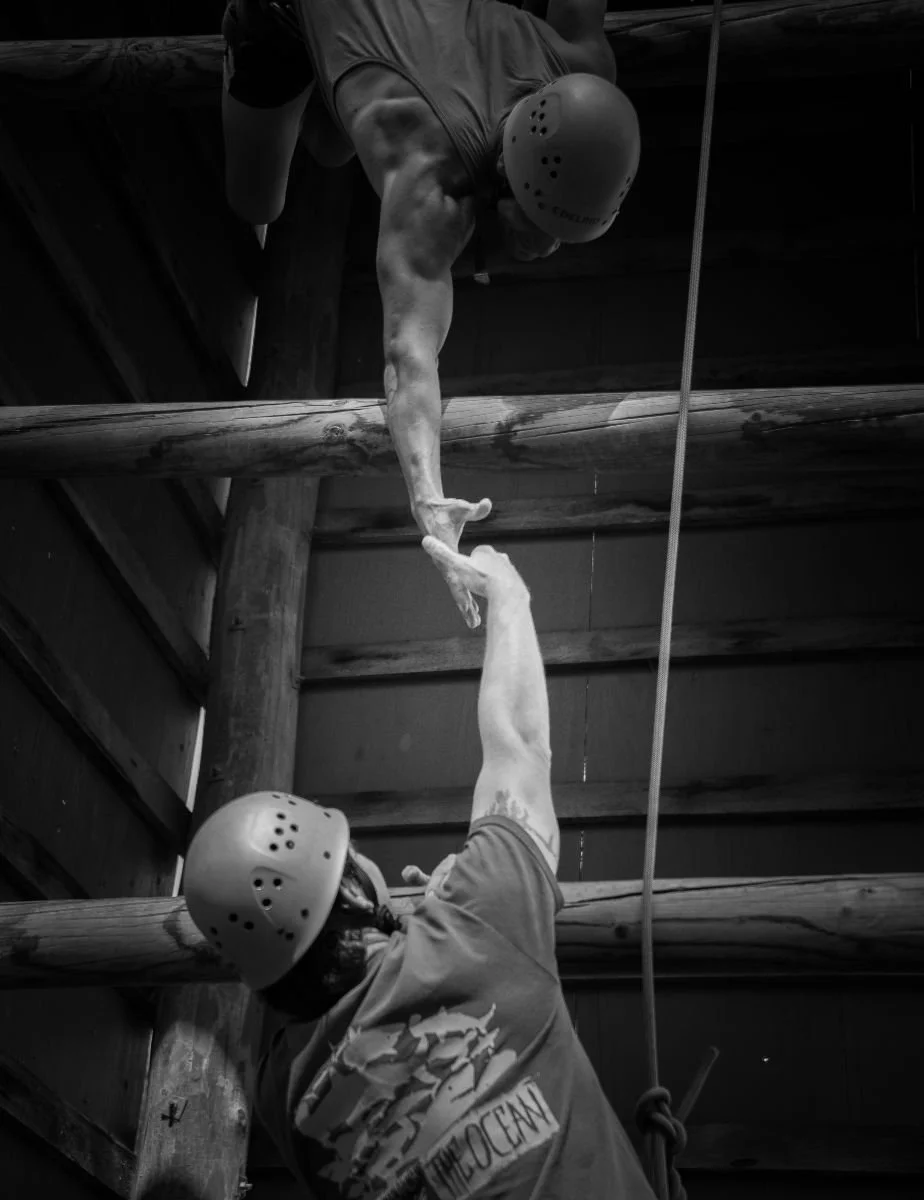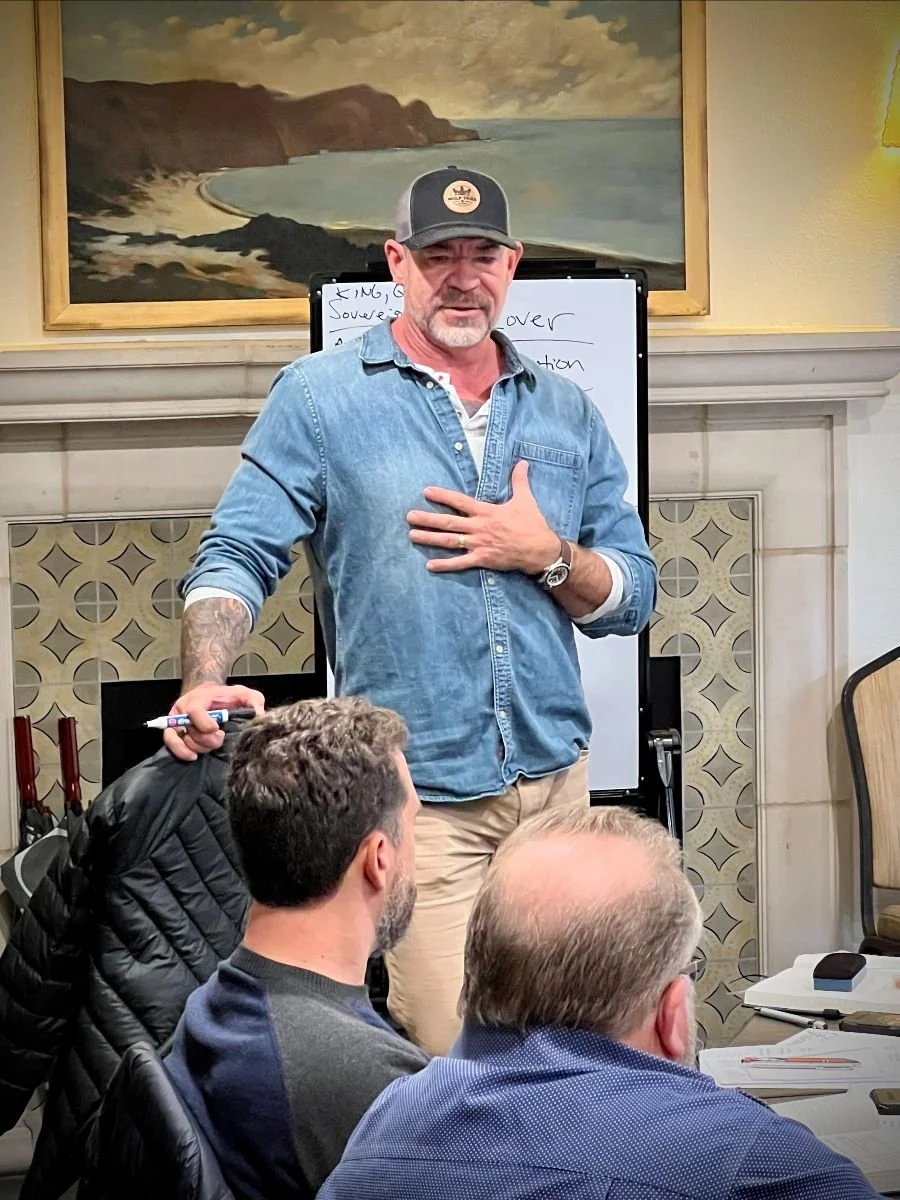Step 22 Up the Tribe Triangle: TRUST
“You must trust or life becomes impossible.”
-Anton Chekov
Trust is a core ingredient of the kinship phase of your journey up the tribe Triangle. Like everything else in the kinship phase, it cannot be decreed or chosen and can only be achieved and earned by your hard, intentional work done during the alignment phase. Trust is a byproduct of your behavior while building alignment and can be described as behavior over time. Trust must be made and maintained.
Trust is behavior over time.
Just as trust is a product of the foundation of alignment, it also serves as the foundation of the next phase of the Tribe Triangle which is healthy conflict. We simply cannot sustainably and successfully engage with conflict without the foundation of trust and safety.
Trust-building is a byproduct of transparency and therefore can be a vulnerable experience. This is especially true during challenging times when you will need trust in your team more than ever.
People who work in high trust organizations report 74% less stress and experience 40% less burnout. In one study of over 1000 employees in high stress fields, 23% said they would work longer hours, offer more ideas (innovation) and would stay longer with an employer if they trusted their leaders.
Trust drives results and employees who trust their leaders exhibit 50% overall higher productivity at work especially in the categories of engagement, accountability, innovation and risk-taking.
Trust is a legitimate and sustainable profit driver and 55% of business leaders report that a lack of trust in the workplace constitutes a legitimate foundational threat to their company.
Numerous studies from the Great Place To Work Institute and elsewhere have found that companies with high-trust cultures have greater financial success than those that don’t. Unfortunately, trust is a rare commodity in today’s society and only 20% of human resource leaders believe their employees deeply trust company leaders, and ironically, over 50% of employees report feeling that HR is trustworthy.
“If we don’t trust each other, we are already defeated.”
-Allison Croggon
Here are your marching orders, Tribe Leader. Firstly, to build trust you must first be trustworthy. Like everything else on this journey, you go first. You can instill trust in your team and family by trusting them first. This not only creates trust but also fosters a culture of accountability and autonomy (both of which begin to be seen in the next stage of the Tribe Triangle). Trust is behavior over time which means consistency. Your actions must coincide with your words and the intentions that you share. Inconsistency will lessen trust.
Secondly, listen more than you talk. Ask for feedback and act on it. Trust is the ability to be heard.
Lastly invest in trust through transparent appreciation and recognition.
Over 90% of employees who receive thanks or recognition from their boss report feeling high levels of trust in that individual. This figure went down to 48 percent for workers who did not receive recognition. If you want to foster trust in your workplace, lean into the direct relationship between trust and recognition.
Like all the other steps during the kinship level of the Tribe Triangle, trust is a vital for the quality at work now but is also necessary for the quantity of work that is available in the next phase of healthy conflict. Without trust we simply cannot explore and discover the power of workplace autonomy, ongoing accountability and self-directed, agile teams.
“Trust is the glue of life. It’s the most essential ingredient in effective communication and the foundational principle that holds all relationships together.”
-Stephen Covey
Click here To watch the video of Step 22: Trust
Leaders Must Write and Speak
Answer these questions in your journal by really writing them down. Discuss them with at least one of your most important people and really listen to their response.
Trust begins and ends with transparency and truth.
To build trust we must first be trustworthy.
What is a recent time that you have fallen short of your goals or standards and not transparently owned it to your people?
When and how will you own it to build the trust?
What do YOU need to trust your people? Have you ever shared that with them? If not, do so. If so, do so again!
What do your people need for them to trust you? Have you ever asked them?
Ubuntu,
Philip Folsom
